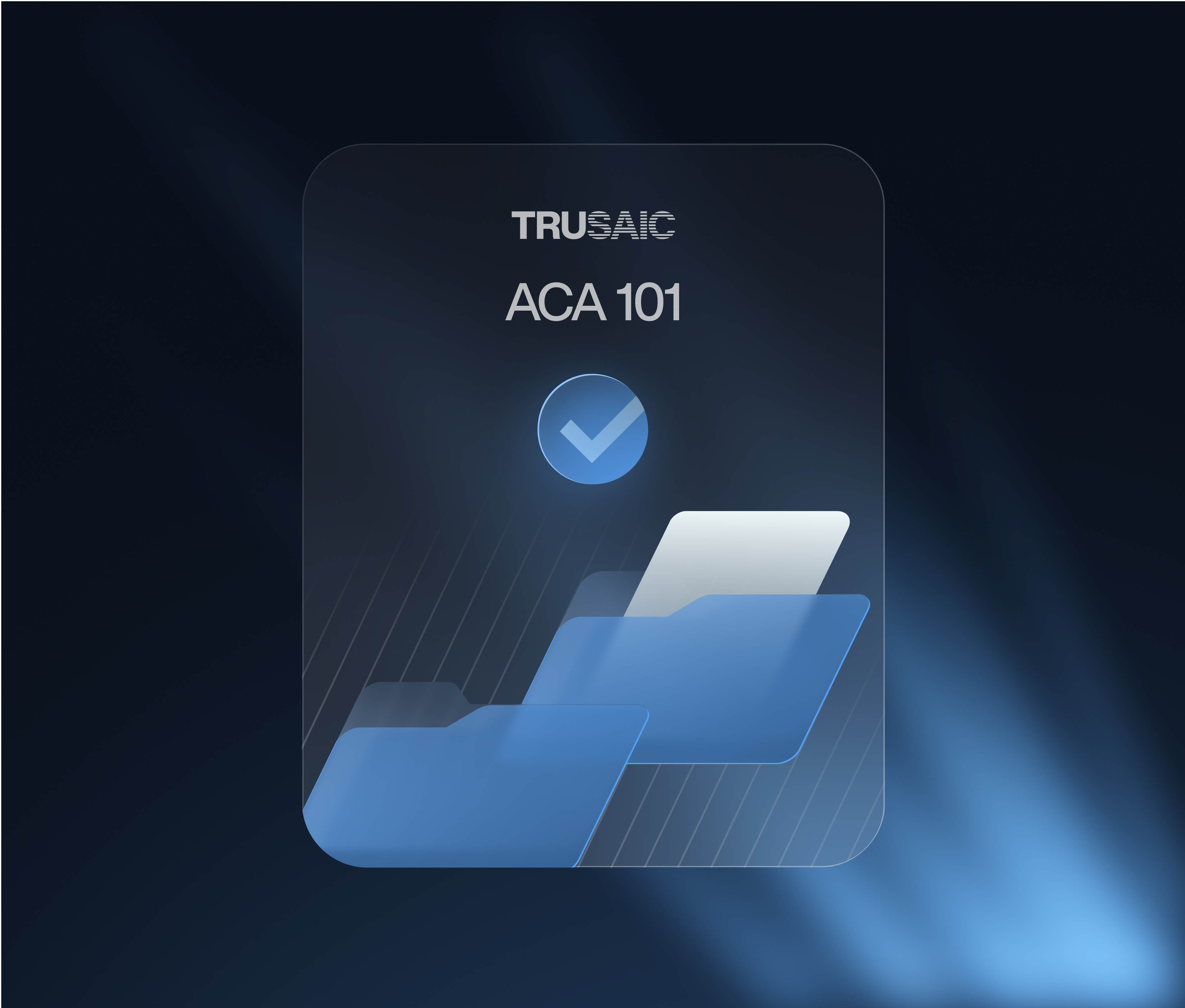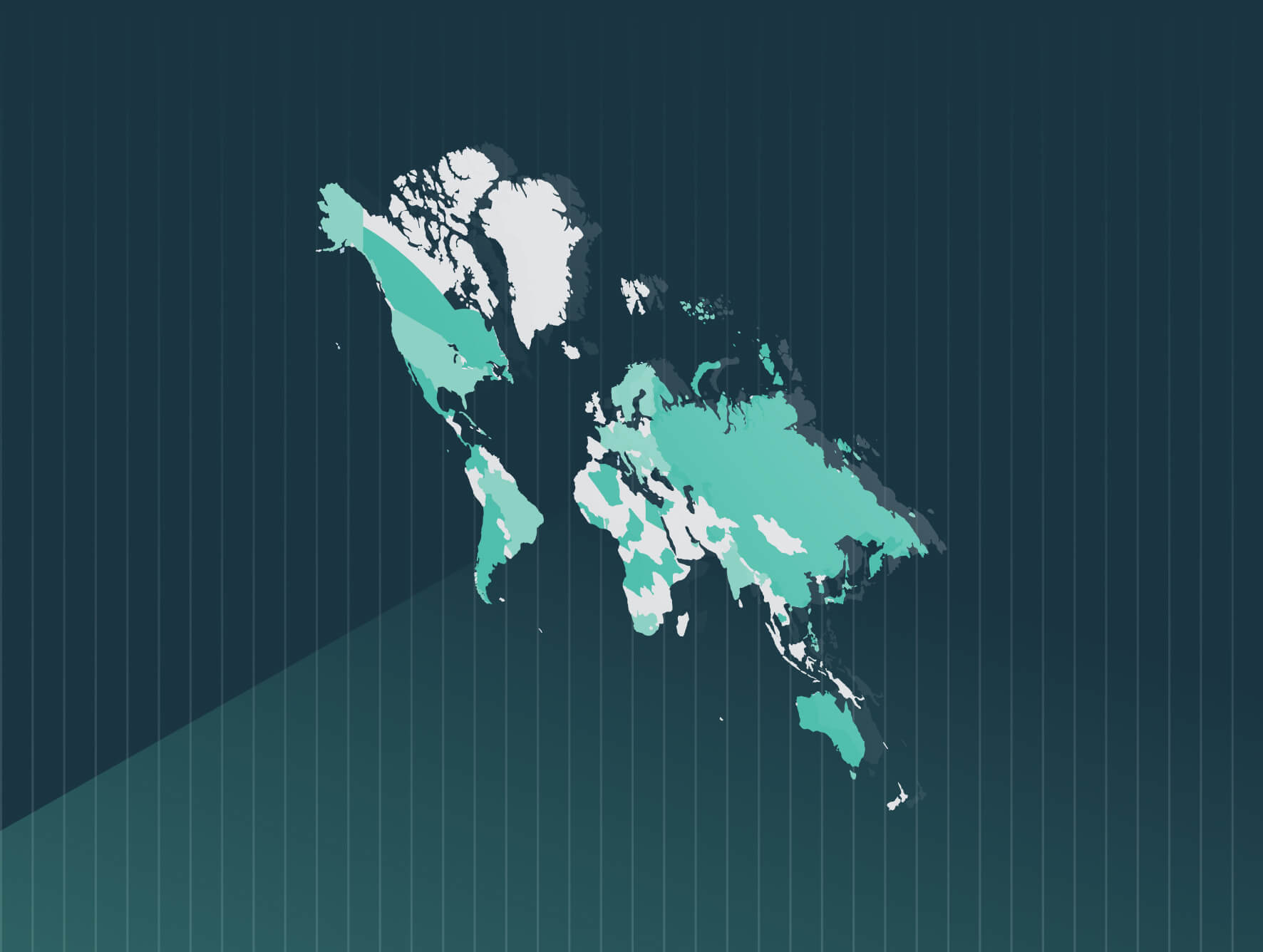Maine joined several other states in crafting legislation intended to expand representative actions for workers with the passage of An Act to Enhance Enforcement of Employment Laws (L.D. 1711) in June. Specifically, the bill aimed to provide workers with the ability to enforce laws governing employment practices and prohibiting workplace discrimination.
While the bill was ultimately vetoed by Governor Janet Mills, it signals a trend in equal pay advocacy that employers should monitor closely: greater influence for workers in addressing workplace inequality.
If signed into law, the bill would have allowed:
- Private persons or whistleblowers to bring public enforcement actions of employment laws on behalf of the state
- Civic organizations to assist aggrieved workers in reporting violations of employment laws
- Protection against retaliation for workers injured by violations of employment laws
Supporters of L.D. 1711 say the COVID-19 pandemic has laid bare gaps in current laws to provide workers with a method to ensure fairness for human rights and labor violations and L.D. 1711 would, in a way, fill the gap. Critics argue against the potential burden on state and judicial resources given that advocacy groups would be allowed to do the enforcement. Governor Mills vetoed the bill on the basis that a new law could “undermine the current enforcement mechanisms and undermine public interest.”
The bill is similar to California’s Private Attorney General Act (PAGA), which has deputized workers to bring forth private action claims against their employers for wage and hour violations since 2004. PAGA made headlines in recent years with regard to an Uber settlement and is inspiring changes to workplace fairness legislation across the country.
While similar, L.D. 1711 and PAGA hold some key differences.
Notably, while PAGA applies only to aggrieved workers, Maine’s bill would have allowed for advocacy groups or other organizations to sue on behalf of workers. L.D. 1711 also expanded alleged violations from wage and hour claims to include the state’s anti-discrimination laws. Notice periods are also longer – Maine would have allowed 180 days to investigate, 90 days to reconcile, and another 90 days to take action, versus PAGA’s 60 review period.
While Maine was the first state to join California in passing legislation for private action enforcement of employment laws, other states are considering similar measures, including New York, Washington, Oregon, New Jersey, and Connecticut.
It’s clear that accountability for organizations is inevitable as such laws prompt more private action lawsuits initiated by workers. With workplace fairness rising as a hot topic, it’s more important than ever for organizations everywhere to take a proactive approach in reviewing their pay structures and policies to ensure compliance. Employer commitment to diversity, equity, and inclusion (DEI) is critical in the societal move toward the greater good, and key to mitigating workplace discrimination.
Organizations that look ahead and undergo a pay equity audit will set themselves up for success in an equity-focused business climate. Our PayParity Solution provides ongoing monthly monitoring and auditing tools you’ll need along the way.








